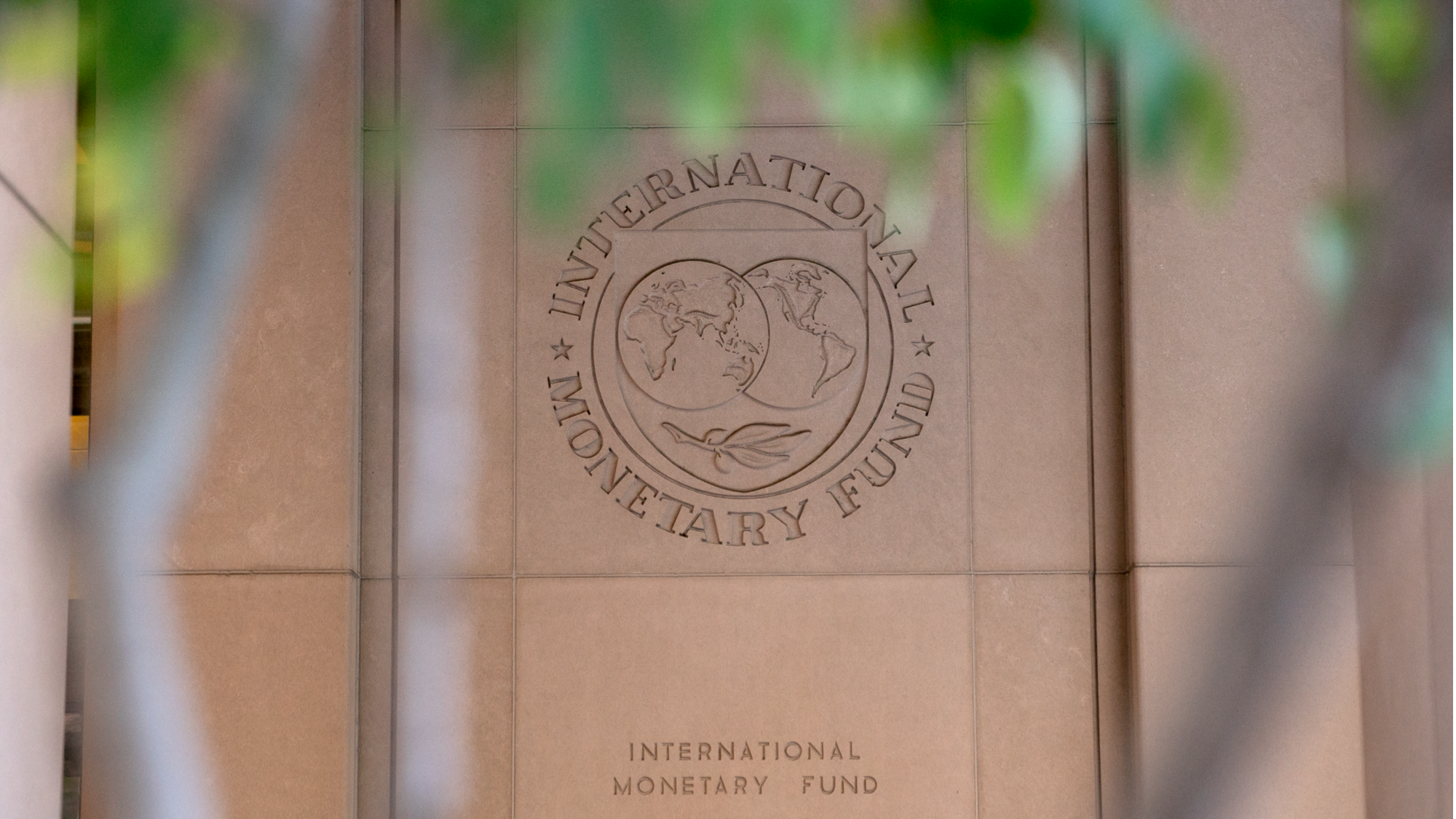
NEW YORK - The International Monetary Fund (IMF) on Tuesday lifted its global growth forecast in 2025 to 3 percent, 0.2 percentage point higher from its projection in April, according to an update to its World Economic Outlook.
Emerging market and developing economies are now expected to grow by 4.1 percent in 2025, 0.4 percentage point higher than the April forecast, according to the latest update.
Meanwhile, the growth projection for advanced economies has been revised upward to 1.5 percent, compared to the earlier estimate of 1.4 percent.
In particular, growth forecasts for the United States, Euro Area, Japan, Britain, Canada, China, India, Brazil, Mexico, Saudi Arabia and Nigeria were revised upward.
The broad-based upward revision for the year reflects "stronger-than-expected front-loading in anticipation of higher tariffs; lower average effective US tariff rates than announced in April; an improvement in financial conditions, including due to a weaker US dollar; and fiscal expansion in some major jurisdictions," the update said.
The global economy has continued to hold steady, but economic activity points to tariff distortions rather than underlying robustness, the IMF said.
"This resilience is welcome, but it is also tenuous. While the trade shock could turn out to be less severe than initially feared, it is still sizeable, and evidence is mounting that it is hurting the global economy," said IMF Chief Economist Pierre-Olivier Gourinchas.
Economic policy uncertainty is assumed to remain elevated this year and next, according to the report, whose projections are based on real-time current trade policy.
Overall, risks to the latest outlook remain tilted to the downside, considering the precarious equilibrium of trade policy stances, possible escalation of geopolitical tensions, potentially more salient fiscal vulnerabilities and others, according to the update.
Without comprehensive agreements, the ongoing trade uncertainty could increasingly weigh on investment and activity, warned Gourinchas.
"Countries should reduce policy-induced uncertainty by promoting clear and transparent trade frameworks," the report said. "Pragmatic cooperation is paramount in instances in which some rules of the international trading system, in their current form, may not be functioning as intended."


